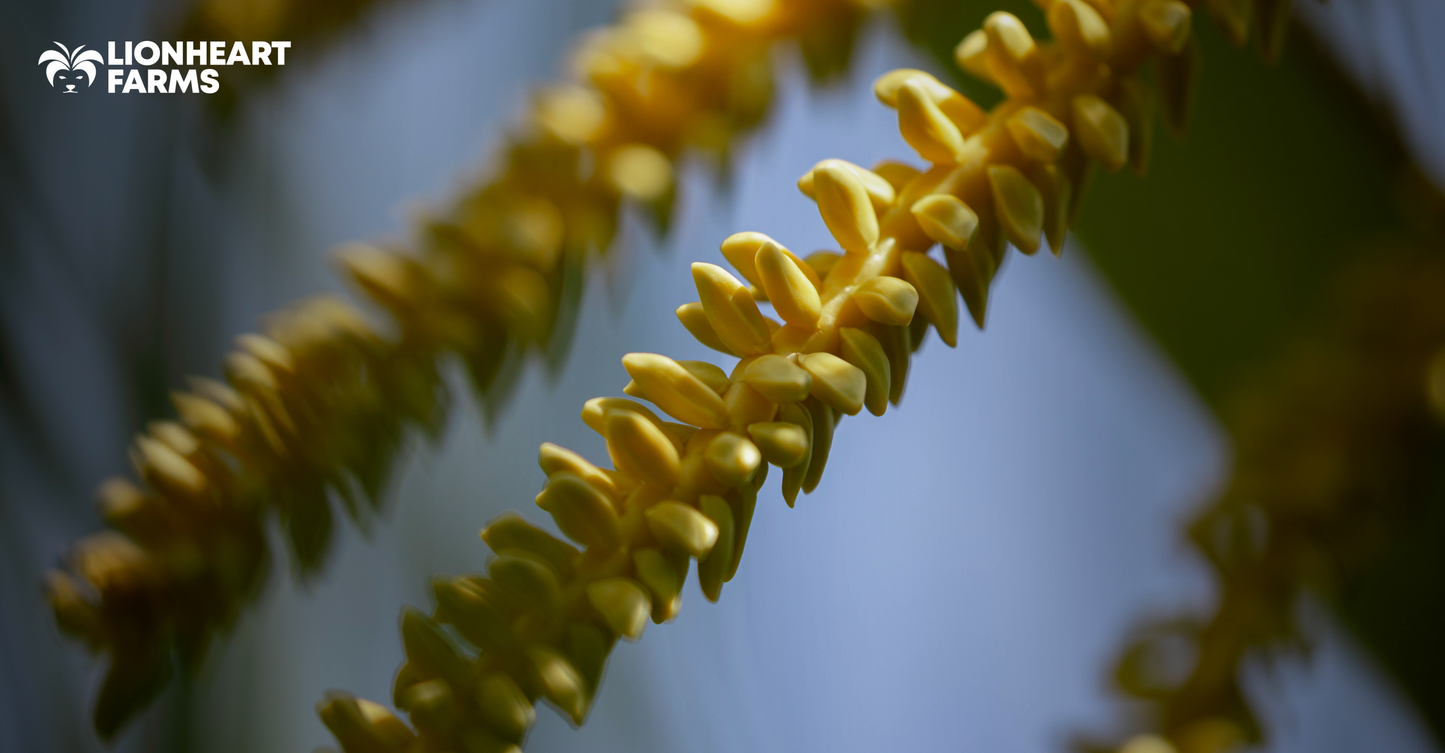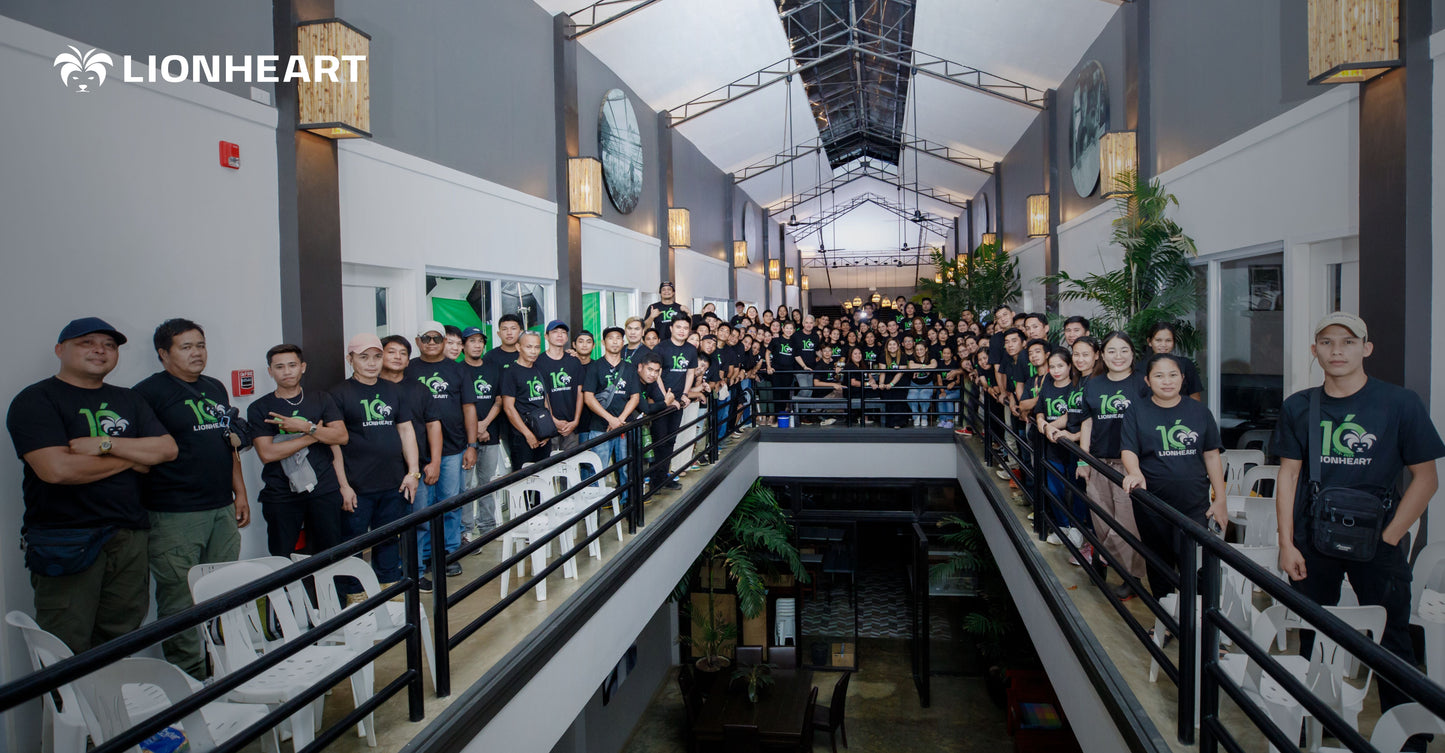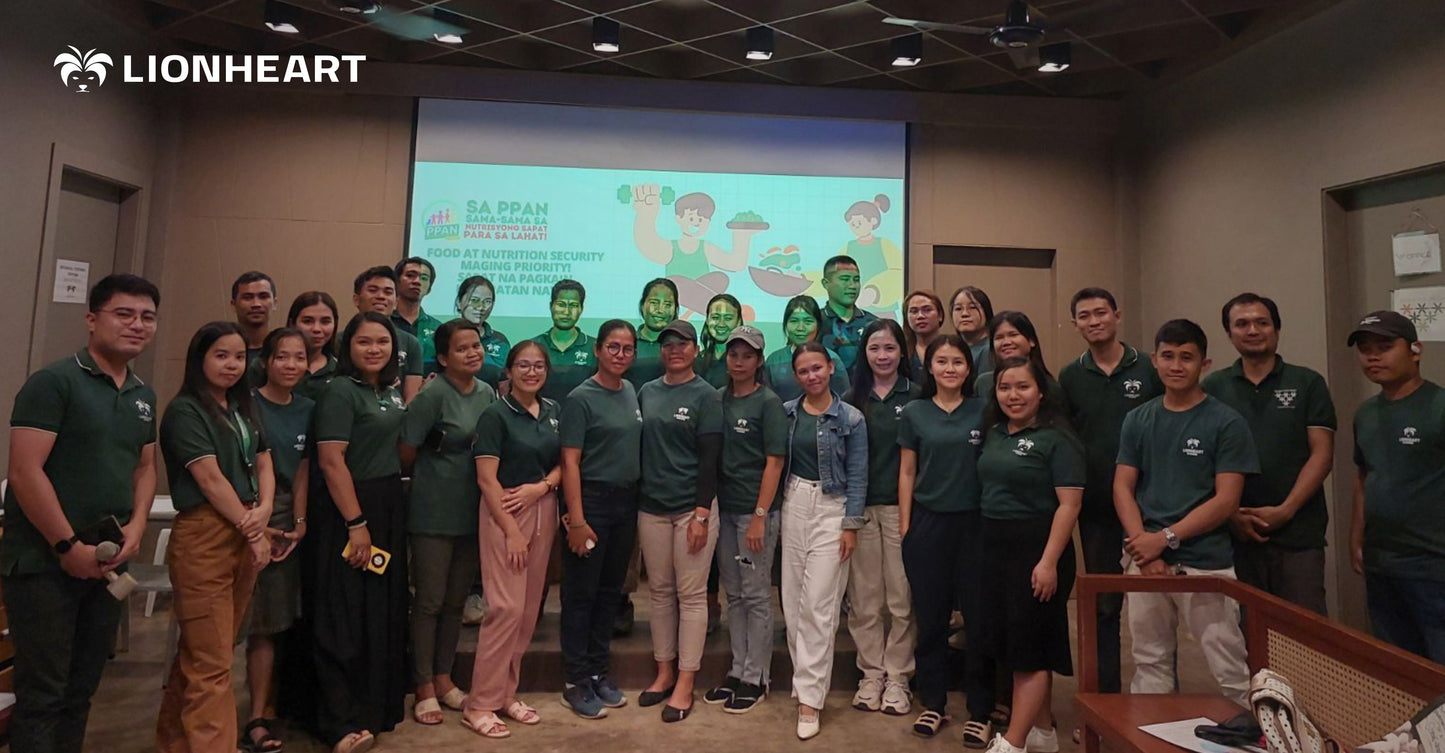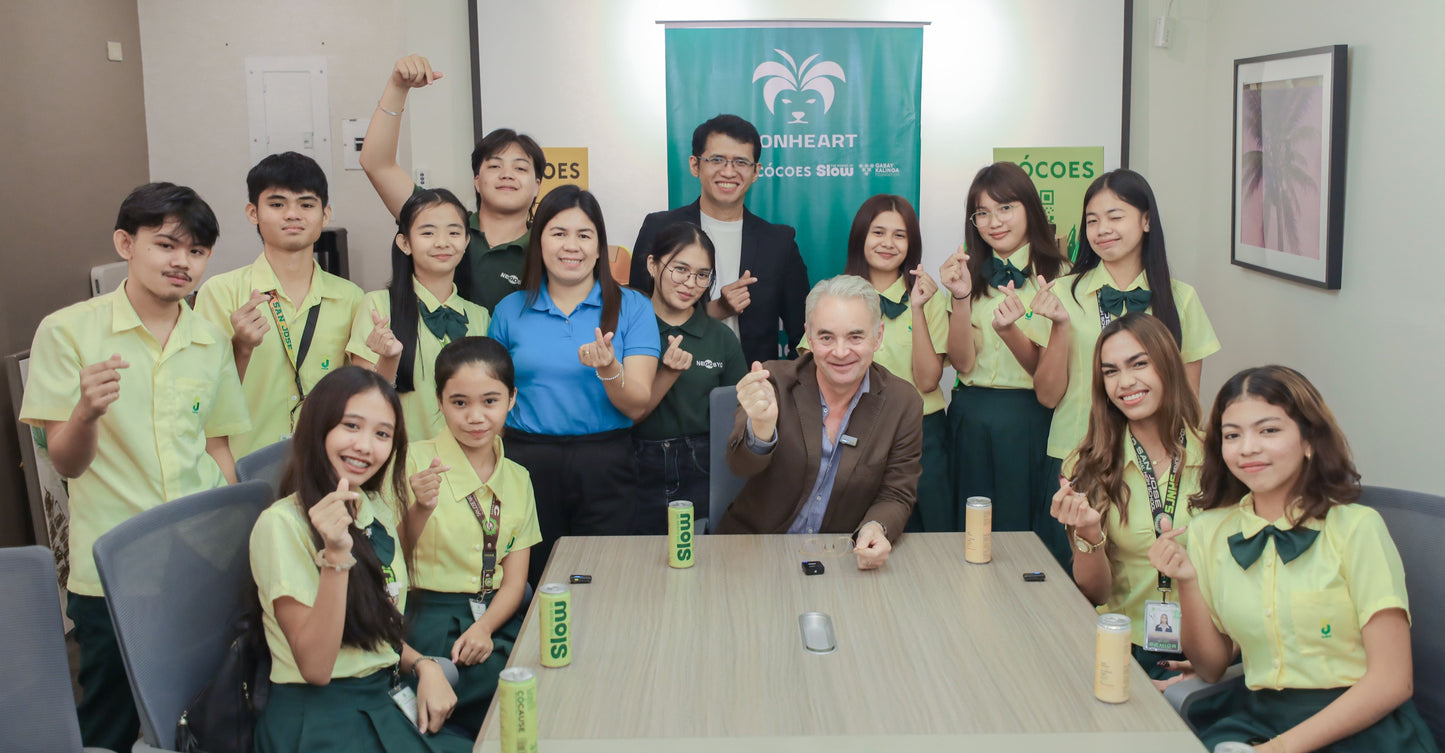
"Every morning at dawn, I climb these coconut trees just as my father did," says Jando Timong, gently tapping the coconut flower that will yield today's harvest of precious sap. As a member of the Indigenous Peoples in Palawan, Philippines, Timong represents thousands of farmers whose lives are being transformed by the booming coconut sap industry.
Quick Takeaways
- Coconut sap is emerging as a leading natural sweetener, rich in nutrients and low in glycemic index
- Global demand is surging as consumers shift toward plant-based, natural ingredients
- Sustainable farming practices are crucial for long-term industry viability
- The industry provides vital economic opportunities for rural communities
The Rise of Nature's Sweetener
Gone are the days when refined sugar and artificial sweeteners dominated our pantries. Today's health-conscious consumers are increasingly reaching for coconut sap products, and with good reason. This natural wonder not only offers a low-glycemic alternative to traditional sweeteners but also packs a powerful nutritional punch with essential amino acids and minerals.
Market research suggests we're just seeing the beginning of this trend. The global coconut products sector is projected to experience unprecedented growth over the next decade, driven by increasing demand for natural, plant-based ingredients in both food and beverage industries.
“Coconut sap tapping is an economic lifeline for many rural families”A Lifeline for Rural Communities
In the developing nations particularly the Philippines, coconut sap tapping provides a vital source of income and has emerged as a transformative economic force.
For farmers like Timong, coconut sap tapping offers unique advantages that set it apart from traditional farming:
- Daily income generation through regular harvesting
- Lower physical demands compared to traditional agriculture
- Sustainable long-term employment opportunities
- Community economic development
"When we tap coconut sap, we're not just harvesting nature's bounty – we're tapping into hope for our children's future," explains Timong in their language, watching his daughter learn the traditional tapping techniques.
Sustainability Challenges in Coco Sap Farming
Although coconut sap farming generally has a lower environmental footprint than other forms of agriculture, it still demands careful management. Each palm can produce fresh coco sap daily, but without sustainable practices, resource depletion can become a risk.
"Sustainable tapping is key to maintaining long-term productivity”
Another concern with frequent tapping is its potential impact on the coconut trees themselves. Improper tapping can weaken trees, leading to reduced yields. To balance production, it’s essential to practice sustainable methods that maintain coconut palm health. By doing so, farmers can continue harvesting sap without compromising other coconut-derived products, which are also important.
In sum, key sustainability considerations include:
- Tree Health Management: Regular monitoring and proper tapping protocols
- Resource Conservation: Efficient water usage and soil preservation
- Biodiversity Protection: Maintaining ecological balance in coconut groves
- Economic Sustainability: Fair compensation for farmers and workers
How to Support Sustainable Coco Sap
As a consumer, you can directly contribute to sustainability by choosing certified coco sap products. Certifications from reputable organic and fair-trade organizations indicate that these products follow sustainable practices. It also ensures that the entire farming process protects the environment and provides fair compensation to farmers.
More than that, you can show support by buying from sustainable brands that have transparent sourcing processes and ethical standards that prioritize sustainable practices. Companies like us that are open about our sourcing and make clear commitment towards a greener future set a positive standard for the entire sector. As proof of our commitment, Lionheart Farms was recognized multiple times in our sustainability efforts as:
- 2022 Sustainability Company of the Year by Asia CEO Awards,
- 2024 ASEAN Business Awardee for Agriculture/Agri-Food Based Sector, and
- SIAL for Change Favorite Recognition recipient.
Efforts Toward Sustainable Coco Sap Farming
Industry-Wide Sustainability Initiatives
In the Philippines, government agencies are working to promote sustainable practices in the coconut sap industry. The Department of Agriculture, particularly the Philippine Coconut Authority (PCA) has rolled out programs to educate farmers on sustainable sap tapping methods: Their comprehensive programs focus on:
- Farmer education and training in sustainable tapping methods
- Quality control standards implementation
- Environmental protection guidelines
- Resource management best practices
Private sector companies are also stepping up, implementing rigorous sustainability standards in their supply chains. These initiatives ensure fair wages for the farmers while promoting eco-friendly practices that protect both the environment and future production capacity.
Supporting Farmer Communities
Organizations like Gabay Kalinga Foundation demonstrate the positive impact of holistic support for farming communities. Their programs extend beyond economic assistance to include:
- Educational support for farmers' children
- Community development initiatives
- Healthcare access improvements
- Sustainable farming training
Lionheart Farms is advancing these efforts through pioneering "More With Less" (MWL) project, developed in partnership with Danish International Development Agency, Philippine Business for Social Progress (PBSP), Bai-Ani Foundation. This project promotes sustainable farming by introducing high-yielding coconut varieties; farmer trainings; financial support; and skills development for the farmers and its families. This initiative is transforming the local community while supporting sustainable agriculture in rural communities.
These comprehensive support systems ensure that the benefits of industry growth reach those who need them most while maintaining sustainable practices.
Looking Ahead: A Sustainable Future
The future of the coconut sap industry depends on maintaining a delicate balance between growth and sustainability. Through collaborative efforts among government agencies, private companies, and conscious consumers, the sector can achieve sustainable expansion while preserving environmental resources for future generations.
Success in this endeavor requires:
- Continued investment in sustainable farming practices
- Ongoing farmer education and support
- Strong industry-wide quality standards
- Consumer awareness and support
Conclusion
As the coconut sap industry continues its remarkable growth trajectory, the commitment to sustainability becomes increasingly crucial. Through collaborative efforts and conscious choices, stakeholders at every level can contribute to an industry that supports both economic development and environmental responsibility.
The path forward requires ongoing dedication from all participants – from farmers to consumers – to ensure that this valuable resource continues to provide benefits for generations to come. By maintaining this focus on sustainability, the coconut sap industry can serve as a model for responsible agricultural development in the 21st century.




